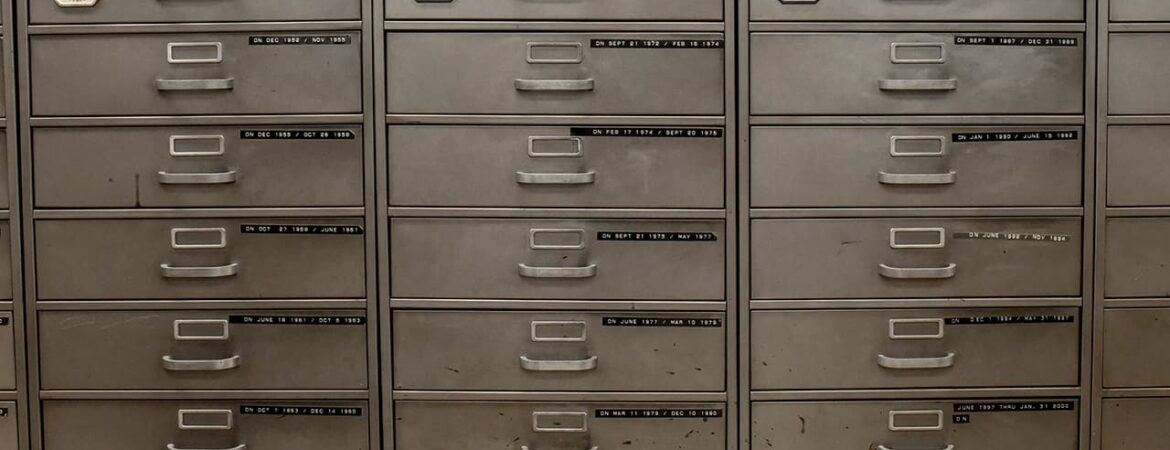An archivist is a person whose profession involves acquiring, preserving, and making available for research authentic primary historical materials. These may be the records of institutions and organizations, as well as the personal papers of individuals. These documents and papers provide important evidence of what happened in the past and useful information about how and why an event occurred. An archive is a collection of documents carefully selected because of their historical value. These documents are usually unpublished and include working papers of institutions and organizations; personal correspondence, manuscripts, notes, and clippings; photographs, maps, films, records, historical printed materials, and digitally stored data.
The archivist finds out what historical documents and papers exist and where they are located; he or she also determines whether these documents are worth preserving. In order to do this, the archivist must have an understanding of the historical background of these documents, the circumstances under which they were created, and how they relate to other available sources of information. This understanding allows him to determine how useful these documents will be to researchers and thus decide whether they are important enough to be preserved. If the materials are damaged, he or she must take steps to restore and protect them to ensure their physical preservation. The archivist must also organize and describe the documents to help the researcher find the information he needs. In addition, he or she must disseminate information about the collection so that researchers know the value of the collection and how it can be used. The archivist often works closely with the researcher to give the researcher full access to all necessary documents.
Serving others in their search for information and knowledge is the primary goal of the archival profession. The satisfaction of this work comes from realizing that the archivist is helping a wide variety of people, including historians, social scientists, students, administrators, journalists, and genealogists. This work also allows the archivist to deepen his or her knowledge of history. Many archivists use the history resources available to them to publish scholarly articles and books.
Where do archivists work?
Archivists can find work in college and university archives and manuscript collections, as well as in academic libraries; in public records offices at the federal, state, and local levels; in the archives of large businesses and labor organizations; and private organizations such as religious institutions, ethnic organizations, and professional societies. They are often part of the professional collective of libraries, historical societies, museums, and records centers. Because archival institutions vary in size, structure, and type of holdings, an archivist may work in a large department with other archivists and people involved in various aspects of historical research, or he or she may be the only person responsible for preserving the history of an organization, company, or institution.
